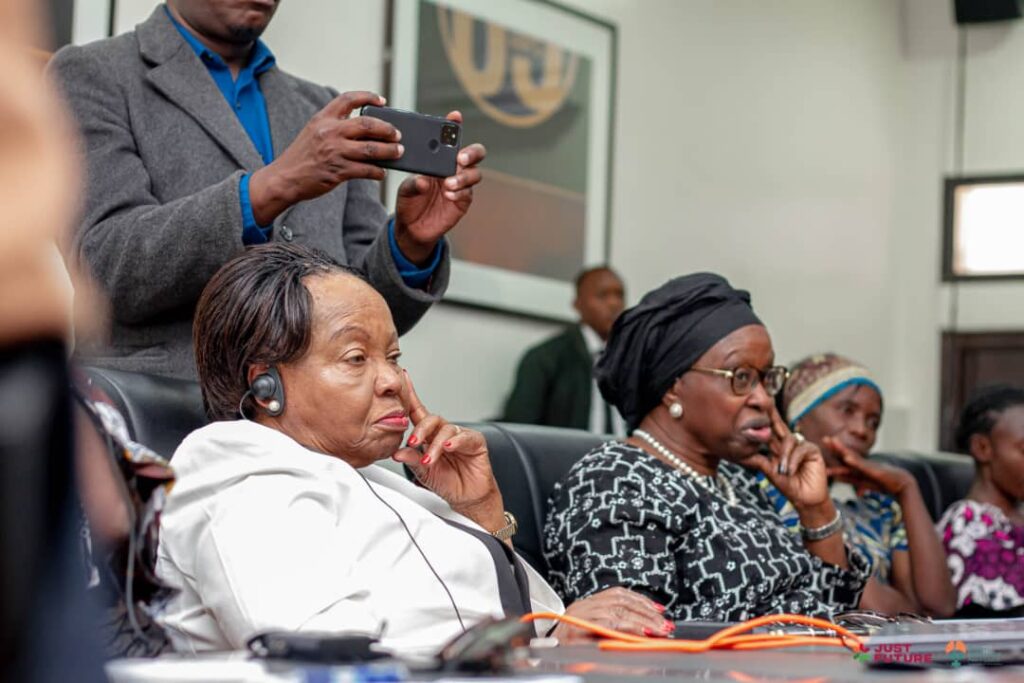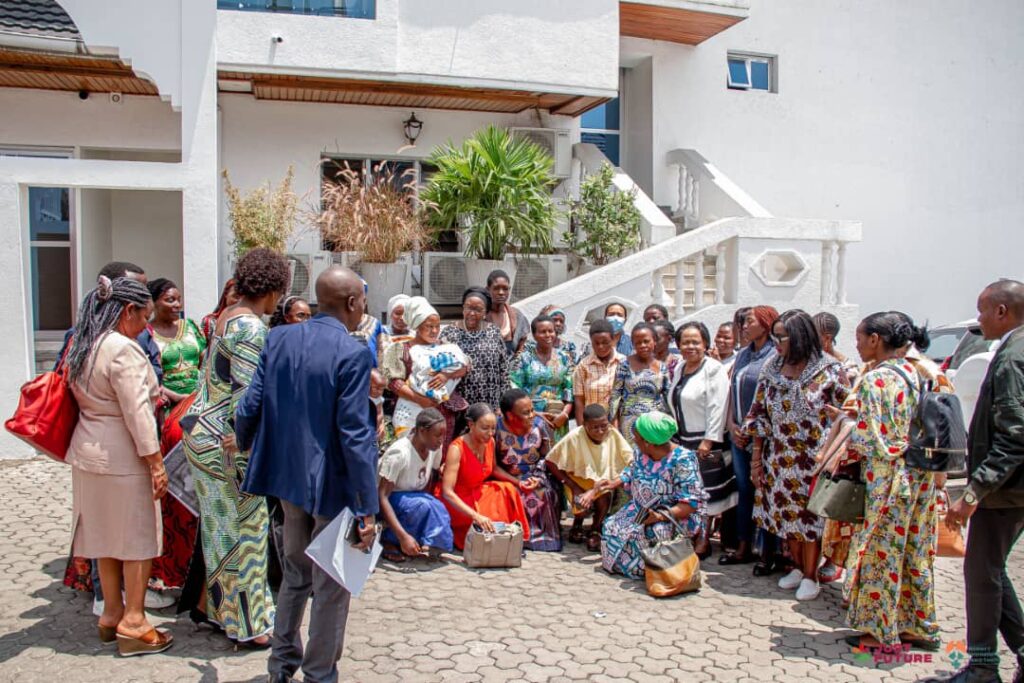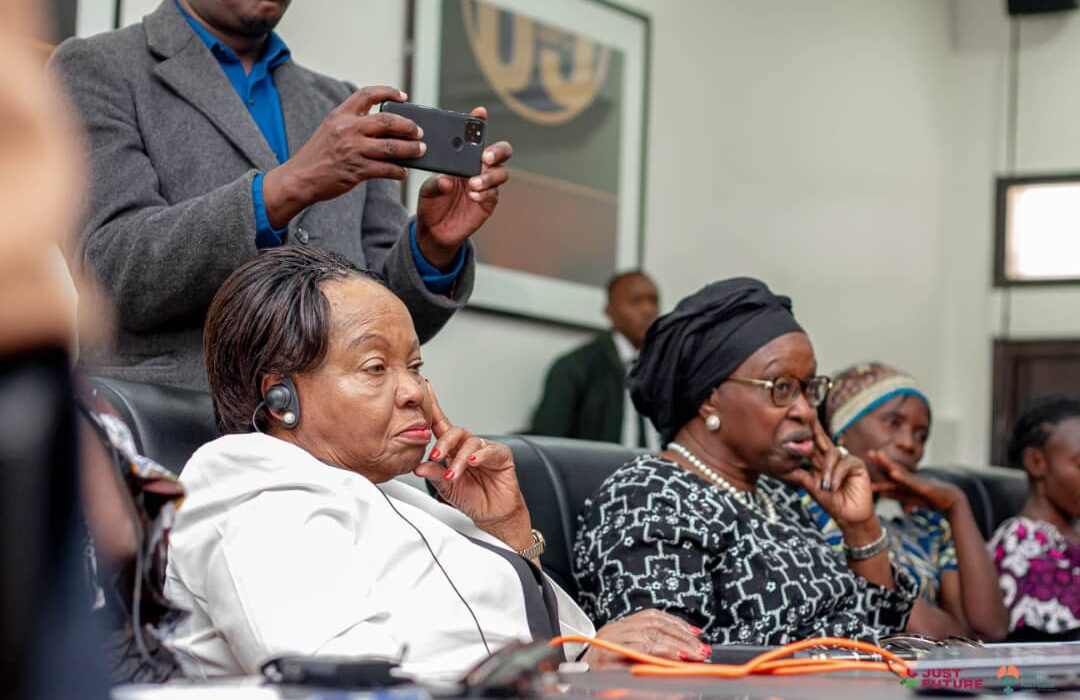Democratic Republic of Congo (DRC) has been a land marred by decades of conflict, instability, and the devastating consequences of war. Among the countless stories of resilience and hope emerging from this region, one group stands out – the associations of victims of serious crimes and conflicts, along with the children born of rape, in someites of South Kivu.
Since the 1990s, South Kivu, a province in the DRC, has been a battleground for local and foreign armed groups, each vying for control, resources, and power. This prolonged conflict has inflicted deep wounds on the land and its people, resulting in a litany of human rights violations that include killings, massacres, rapes, looting, and the burning of entire villages.
But the impact extends beyond physical violence. Families have been torn apart, leading to abandonment, orphanhood, and the breakdown of traditional bonds. Women and girls, in particular, have borne the brunt of this conflict, with rape systematically used as a weapon of war. The tragic consequence of this brutality is the birth of children born of rape, who endure discrimination and stigma even within their own communities
Need for Justice:
On September 2, 2023, Women survivors of mass crimes and conflicts, along with the children born of rape, met with Her Excellency, the AU Special Envoy on Women, Peace, and Security with support from the Women’s International Peace Centre.

They shared their stories and experiences, laying bare the immense suffering they’ve endured and their urgent need for justice and peace.
Mass crime Sites such as Kasika, Kaniola, Katogota in South Kivu bear witness to the magnitude of the suffering as recorded below. However, these numbers represent only a fraction of the pain experienced in the region.
- Kasika: 3,307 victims, including 1,213 raped women, and 87 children born of rape.
- Kaniola: 8,689 victims, including 4,151 raped women, and 32 children born of rape.
- Katogotá: 1,012 victims, including 383 raped women, and 57 children born of rape.
- Bukavu: 945 looted and burned depots, 869 free stalls looted, and 448 depots looted and demolished.
The DRC government has taken some crucial steps towards recognizing the pain and suffering endured by its people. Initiatives like the commemoration of the Genocide of the Congolese for economic interests (GENOCOST) have begun the process of healing and remembrance BUT, much still needs to be done.
A Path Forward
While reparation efforts through the FONAREV Fund provide some hope, justice remains elusive. The associations offer recommendations for a way forward to;
Democratic Republic of Congo;
- Initiating the creation of an International Criminal Tribunal for the DRC.
- Removing individuals implicated in crimes from public office.
- Implementing effective transitional justice mechanisms for truth, reparations, and non-repetition.
- Ensuring victims are at the center of the reparation process and independent operation of FONAREV.
- Involving marginalized groups in peace negotiations at all levels
International and Regional Community;
- Supporting and accompanying the process of the creation of the International Criminal
Tribunal for the DRC - Strengthening alternative dispute resolution mechanisms through legal clinics that are
a means that allows women and other vulnerable people to access justice, information
on the initiatives available to them for the respect of their rights.

As the international community bears witness to their plight, there is hope that justice and peace may one day prevail in the country. The meeting with the AU Special Envoy was a significant step in their ongoing struggle for a better tomorrow.



